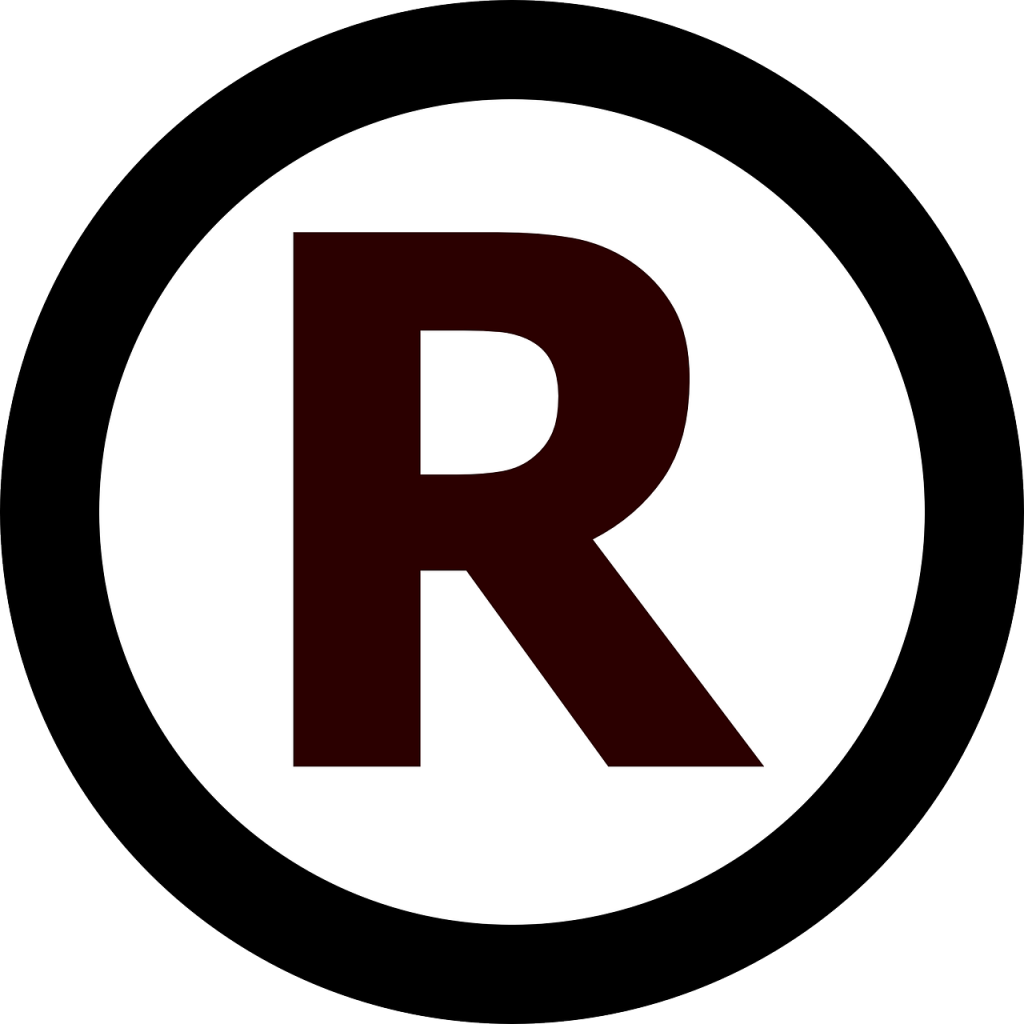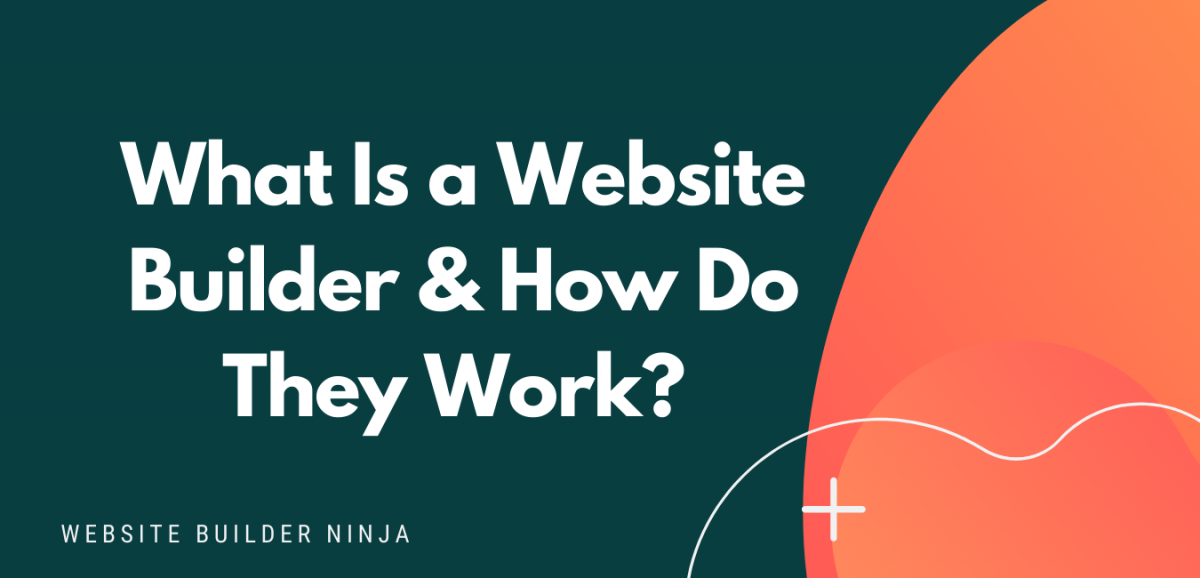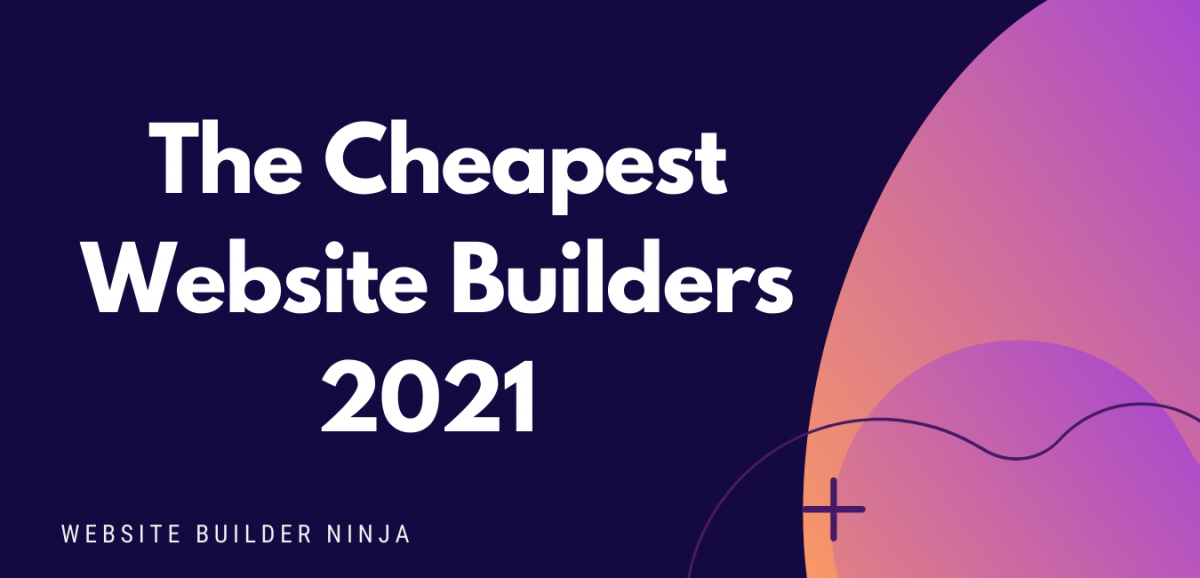How to Choose the Best Domain Name & Hosting Provider

Choosing a domain name for your website is one of the first steps you need to take when launching a new website. It can be done in seconds, however, it’s worth spending some time researching how to choose the best domain name. Getting it right the first time around will make sure that you make a good first impression, benefit your website’s SEO and define your brand right from the start of your online journey.
Similarly, choosing a hosting service is something you’ll need to decide on before you create your website because if you want people to visit your site, it has to be hosted on the internet. Understanding the type of hosting service you need, along with the features, and the security protocols you require, will help you to find a hosting service that will be reliable and that will keep your website performing well.
If you are thinking of using a website builder to build your website then you’ll be pleased to know that they make it a lot easier to purchase and link custom domain names and they usually take care of hosting your website as well. However, it’s still worth reading this article to find out tips and tricks on how to create the best domain name and to understand which monthly subscription package has the right level of hosting included. Also, there are a number of website builders like Domain.com, Dreamhost, and Coursecats that will require you to purchase domains and hosting services independently.
How to Choose a Domain Name
So, let’s get into it. All of the tips below will help you to choose the right domain name for your website and business. A good domain name will boost your site’s SEO performance, make a great first impression to new visitors, and generate brand awareness and recognition. And, who doesn’t want all of that?!
1. Pick the right domain name extension

When it comes to picking a domain extension you’ll notice that there are lots to choose from. Some of the more unusual domain extensions include .pizza, .cool, .wtf, and even .sexy, … yes, you really can pay for these! However, over 43% of the internet is made of the domain name extensions .com, .org, and .net. The vast majority of that is made up of .com extensions with nearly 37.32% of all websites choosing to use it.
While it can work for some sites to choose a niche domain extension that will make their website unique and quirky, if you want to go for mass appeal and tap into years of consumer confidence, .com is always the best option.
2. Keep it short

While it’s important to think of something that relates to your business, make sure you keep it short so that it’s easy to remember. Longer domain names are easier to forget and the chance of your user entering a typo and not finding your website increases with every additional character.
The most common length for a domain name is 12 characters with the average length coming in at 13.5 characters, and there’s a reason for that! Short and snappy will always beat long-winded domains. Obviously, you need to let the domain name reflect your business in some way but if possible then we recommend aiming for something between 6-16 characters long for the best results.
3. Use keywords in your domain name

If you use a keyword in your domain name then you’re signaling to the search engine bots and to your users exactly what the site is about, helping both parties decide if your content is relevant to them. If we use our own domain name as an example you can see this in action.
websitebuilderninja.com
Our site is predominantly about website builders and so it made sense to include the keyword ‘website builder’ in our domain name. It’s clear to anyone visiting the site that the content here is probably going to be focused on website builders or something related to them.
It might be hard to find a domain with your target keyword that’s not already been taken but if you try and combine two words together creatively, there will be something suitable and it will be worth it for the boost to your site’s overall SEO performance.
4. Think about branding

While keywords are important, thinking about how your domain name relates to your brand is also critical for long term success. Creating something memorable that will start to generate brand awareness and recognition is sometimes better than trying to blend in with the crowd. Most of the most well-known domain names like Google.com, Twitter.com, or Bing.com are literally made-up words that are fun to say and easy to remember. It’s much better to have someone searching for your site directly because they remember it rather than relying on search engines to bring your site to the top of the SERP. It might not be right for every business, but if you think you can pull it off, try and create something unique and brandable.
5. Make sure it’s easy to type and spell

The ideal domain name is easy to type and spell so that you minimize the risk of a potential visitor entering a typo and never getting to see your beautifully designed website and carefully crafted content. Try and choose words that everybody knows and that will fit into a 16 character limit. For example instead of searchenginemarketingexpert.com go for seoexpert.com. Shortening your domain name like that makes it much easier and quicker to type and reduces the margin for error.
6. Pick something that’s easy to pronounce

Word of mouth marketing is still one of the most powerful ways a message can spread about a website, product, or business. So, having a domain name that’s easy to pronounce will help people remember your website when they next use a search engine or internet browser.
Here’s a list of some of the hardest words to pronounce in the English language that you should avoid at all costs!
- Ignominious
- Worcestershire
- Anemone
- Otorhinolaryngologist
- Floccinaucinihilipilification
7. Avoid hyphens, numbers, & special characters

This point is related to making it easy to pronounce and spell. Hyphens, numbers, and other special characters get in the way of an easy to read, type, and say domain name. It might be tempting if it means that you can purchase a domain name with your ideal keyword or with your exact business name. However, what will probably happen is that users will forget the hyphen or special character and will end up on someone else’s website. Choose something that only includes letters for the best results.
8. Check if it’s trademarked or already used
Before you get your hopes up on a particular domain name it’s important to check if the name is already being used on another website or on social media platforms. Ideally, you want the same name that appears in your domain name for any account you have on social media and other platforms so that it’s easy for visitors to find you elsewhere. This again taps into generating brand awareness and recognition and will make it much easier for a potential customer to remember you. So, if you can, make sure that any name you choose is available on all of the platforms you wish to be present on. Tools like Knowem will help you check this quickly and will search over 500 popular social networks so you can see what’s still available.

One last thing…
If you’ve decided on a domain name that checks all of the above boxes, act quickly before somebody else takes it. It’s a terrible feeling to imagine a brand and all the success that will come with it, for it to be snatched away by somebody else.
Best Places to Buy a Domain Name
So, now you know how to choose the best domain name for your website but where can you buy them? If you plan on using a website builder, it’s likely that you’ll be able to purchase a custom domain name as part of the sign-up process or as soon as you get to your management dashboard. This makes it easy and removes the hassle of having to link it to your site. But, just in case you want to purchase one outside of the website builder platform, or the builder you’re using requires you to purchase yours independently, here’s a list of the best places to buy a domain name.
How to Choose the Right Hosting Service

The aim of the next section is to make finding the right hosting service for your business an easy task. It’s important to take some time to understand exactly what you need because a bad hosting service can cause unnecessary downtime for your website and provide you with a total lack of support just when you need it most. Even if you’re going to build a website using a website builder it’s important to understand the fundamentals of what’s going on so that you can choose the right subscription package with the necessary hosting features for your business. If you consider everything we write about below, choosing a hosting service will be a piece of cake.
1. Know what type of hosting service you need

The first step in deciding what hosting provider to choose is to understand what type of hosting service you need. For example, a one-pager or portfolio site isn’t going to need a dedicated server and a site with 500,000 unique monthly visitors shouldn’t go for a shared hosting plan for the best results. The types can be broken down into three main groups and each one is suited to particular types of websites.
Shared hosting – is when several websites share the same server and its resources like RAM, disk space, and the processor. This performs just fine for small one page or portfolio sites as well as websites just starting out with small volumes of traffic. As your traffic increases, you can start to think about the next two types of hosting services.
VPS Hosting – or virtual private server hosting is similar to shared hosting because you’ll still be sharing a server with other websites. However, you will effectively have your own space with dedicated RAM and disk space that other customers can’t touch. This will be a more expensive option than shared hosting, however, you will be able to handle a much higher traffic volume.
Dedicated Hosting – is when your hosting fees get you a whole server that only you will have access to, this is needed for high performing sites with lots of traffic and storage requirements. Having a dedicated server means that you will be in control and can customize security systems, operating systems, and even have a dedicated IP address. It doesn’t come cheap but if you think you might need one, you probably have the budget for one…
2. Pick a hosting service with the right features

Choosing a hosting service with the right features is important to make sure you get the right functionality for your website. You’ll need to think about the features you need to run your website today and allow room for growth so that you can future proof your business.
Here’s a list of features to look out for and what they relate to:
- Storage – deciding on how much disk space you need will depend on how many images, videos, and pages your website has. The more rich content you have, the more disk space you’ll need.
- Bandwidth – this depends on how much traffic your site receives, the more traffic you get coming into your site the more bandwidth you need. If you notice that your site crashes a lot it’s probably because you need to upgrade your bandwidth to allow more people onto the site.
- Domain names – some hosting plans will let you register more than one domain name to the plan, you need to find out what the limit is and if it’s enough to host all of your domains.
- Location of servers – ideally you want your servers to be located close to where the majority of your visitors come from. If your server is really far away from your visitors, this will have a negative impact on loading speed.
- Professional email addresses – if you require one or multiple professional email addresses, [yourname]@[yourwebistename].com, then make sure the hosting service supplies enough for you and your team.
3. Fast loading times

A great website host will provide fast loading times which will create a positive user experience for your visitors. Some studies have found that 40% of web users will abandon a website that takes more than three seconds to load and Google considers page speed a direct ranking factor, so there are two good reasons why finding a host with good loading speed is important!
It’s hard to tell before you sign up for a plan to determine how fast it really is, especially as all of them will promise to be the fastest… There are some things you can do to predict the speed though. As we already mentioned, try and find out where the servers are located, if they are near to your target audience this will have a positive impact on loading times. Also, observe how long it takes for the hosting service website to load – if it’s longer than three seconds, it’s probably best to choose another one.
If you’re already signed up to your hosting service then there are lots of free online tools that allow you to test your server speed from multiple locations around the globe.
4. Security

Make sure that your hosting provider offers an SSL security certificate for your website that will encrypt your customers’ and your website’s data to help protect you from hackers. This is really important if you plan on collecting sensitive customer information like credit card numbers, email addresses, and their home address. Having an SSL certificate will improve consumer confidence in your website and help your SEO. Some web browsers send a warning message to users before they enter a site with an SSL which will definitely harm your brand and reduce conversion rates.
5. Price and Flexibility

Although it’s tempting to go for the plan that offers the most amount of features for the least amount of money, a hosting plan with good flexibility is just as important as a good price. Having a hosting plan that allows you to upgrade or downgrade your features when you need to will save you money in the long run compared to being locked into an annual plan with no room to move. The main difference in prices will come from the different types of hosting services like shared, VPS or dedicated servers, so picking the right type will ensure your hosting subscription fee will be in the right ballpark. Other than that, it’s about making sure that you get all of the features you need to keep your website running effectively and access to a good support team for when things go wrong.
What Are The Best Website Hosting Services?
Hopefully, you understand more about the different types of web hostings available and the different features that you will require to run your website. Here’s a list of the top web hosting services for you to take a look at.
The Bottom Line
When it comes to picking the right domain name you should keep it short, simple, and memorable. If you follow the tips in this article you’ll have something that will help build your brand and boost your site’s SEO. When it comes to web hosting, every website will have unique requirements. However, everyone should be looking to make sure they have all the features they need, a hosting service with a good customer support team, one with fast loading times, and one with top-notch levels of security.
If you’re going to use website builder this will be an even easier process. All you’ll need to do is pick the subscription with the right level of hosting and use our guide to help you craft the perfect domain name. If you’re not sure which website builder to choose yet, take a look at our comparison lists and in-depth reviews for the low down on the top website builder platforms.
Written By

What is a website builder?
The simplest answer to the question of what is a website builder is that it’s a software programme that helps you to build a website without having to manually code anything. But, how do they work?

Cheapest Website Builder 2021
Building a website doesn’t have to cost the earth. We’ve pulled together a list of the cheapest website builders and ecommerce platforms to help you find an affordable option for your website. Not only are they the cheapest, but some of them are the best of the best…
